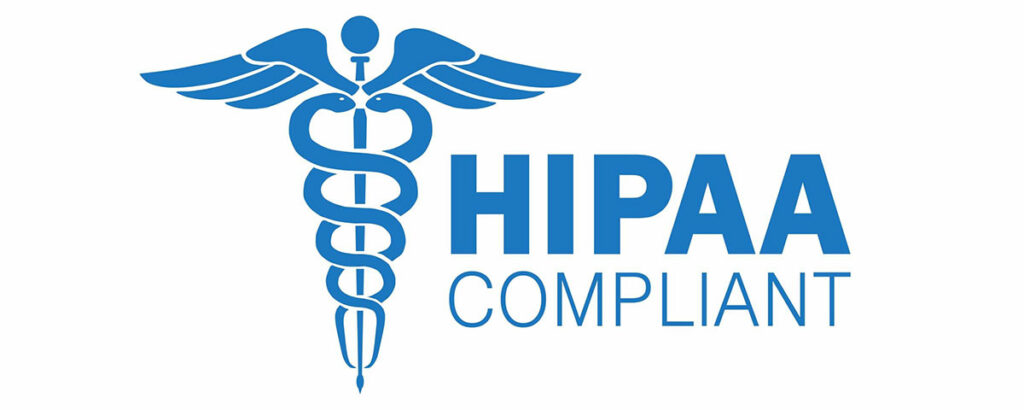In an editorial published in over 200 leading medical journals, the medical community recognized climate change as the greatest threat to human health. The warning calls for intensifying efforts to mitigate climate change along with achieving healthcare equity. Our blog today explores the complex relationship between healthcare and climate change and the role of a forward-thinking logistics partner in this rapidly changing landscape.
Healthcare and Climate Change – A Complex Relationship
In most parts of the world, the healthcare sector contributes anywhere between 1-5% of national carbon emissions. In the United States that statistic is even higher. The US healthcare industry is responsible for a staggering 8-10% of the country’s greenhouse gas (GHG) emissions.
A journal by Matthew J. Eckelman stated that if the US healthcare sector were a country, it would be the 13th highest GHG emitter in the world. The primary sources of emissions come from hospital care, structures, equipment, physician and clinical services, and prescription drugs.
There is no question that as a country we need to prioritize sustainability and lower carbon impact. The question is, how can we do that without compromising the quality of patient care?
Building a Sustainable and Resilient Healthcare Sector
When we hear the words healthcare and climate change together, our thoughts tend lean toward the healing effects of hospitals and medicines. If the medical community agrees that climate change is the biggest risk to human health, the industry responsible for health and well-being should lead the way in reducing the global environmental footprint. How? By designing low-carbon alternatives and minimizing waste throughout the supply chain.
Measure and Mitigate Existing Impact
Right now, there is no specific requirement, standard, or sustainability goal for the healthcare industry. Every healthcare organization is on its own to mitigate its impact on climate change. In order to set sustainability goals, healthcare organizations need to measure their individual impact on the environment. For an individual organization, the best place to start is with the Greenhouse Gas Protocol. This is a comprehensive framework to help companies measure, report, and monitor GHG emissions. The protocol categorizes into Scope 1 (direct), Scope 2 (indirect), and Scope 3 (value chain) emissions to help organizations set reduction targets and measure and track progress.
Design Energy Efficient Infrastructure and Solutions
Improving infrastructure within the healthcare sector is the low hanging fruit of affecting climate change. Between energy usage and inefficient building materials, buildings are the largest GHG emitters. Since healthcare facilities run 24 hours a day, 7 days a week, and many hospitals and clinics were built out of necessity, not efficiency, they tend to waste a lot of energy.
Adding efficiency into the design of new buildings and retrofitting features of older buildings will make a big difference in GHG emissions. Adding solar-panels and green roofs, insulating the walls and glass windows, and adding indoor green spaces lowers carbon emissions while improving patient outcomes and recovery time.
While a typical argument against sustainable design features is the high up-front cost, sustainable infrastructure translates to significant financial benefits through lower energy consumption.
Invest in Renewable Energy
Reducing existing carbon emissions in an industry as critical as healthcare is no small undertaking. By transitioning to clean energy while driving energy efficiency, healthcare organizations can be well on their way achieving their scope 1 and scope 2 GHG goals.
Investing in renewable energy is a long-term cost saving measure and a key to sustainable healthcare by promoting the well-being of patients, communities, and future generations.
Optimize Logistics to Reduce Supply Chain Emissions
Medical courier that prioritize energy efficiency and leverage their transport network to leave the least possible carbon footprint can help organizations reduce supply chain emissions.
Healthcare, Climate Change, and Medical Couriers: How MCI is Thinking Ahead
Typical last-mile delivery services have become synonymous with comfort and convenience but they come at a sizable cost to the environment. Delivery alone contributes at least 5% of supply chain emissions.
Medical couriers, however, are much more than a convenience. We are a necessity. Couriers that specialize in life-saving therapies are responsible for the reliable and safe transport of time-sensitive specimens and prescription drugs. We help make up the backbone of the healthcare logistics industry – which is why we know it is so important that we work together with industry leaders to reduce carbon emissions along the supply chain.
At MCI, we’re committed to reducing our impact on the environment and working closely with our clients to help them achieve their own sustainability goals. Here are some key differentiators that set us apart from traditional medical courier companies.
Investments in Cutting-Edge Technological Innovations
Our leading-edge software and hardware solutions have enabled us to keep our deliveries safe, on time, and energy efficient. In our 50+ years of existence, we have not lost a single specimen – a claim that couldn’t have been possible without constantly evolving and updating our technology.
Error-Free Deliveries
Specific medical products or highly individualized specimens require temperature-controlled storage. Without this ability, life-saving therapies can become unsuitable for consumption. Our cryogenic facility and cold chain delivery network allow us to be the most reliable medical courier service for our customers and efficiently deliver time and temperature-sensitive packages.
Energy-Efficient Long-Haul Deliveries
In contrast to most logistics companies that still operate on the inflexible hub and spoke model, we work with trusted transport partners in every major city for efficient, safe, and on-time deliveries. Our network system allows us to create efficient pickup and delivery routes that cut down on transfer and drive time overall.
Building Redundancies for Better Crisis Management
The pandemic disrupted supply chains and delivery networks across the globe. As part of an emergency medical response, we need to have contingency plans for every potential delay. So, we build redundancies within our transport network. This way, we always have pre-vetted backup partners to deploy should the need arise. In a world where disease outbreaks, natural disasters, and chronic illnesses have become common, our redundancies help us make on-time pickups and deliveries even under the most trying circumstances.
A Robust Nation-Wide Network to Bring Healthcare to the Doorstep
Every day we witness worrying examples of how climate change impacts human health, such as record-breaking heat waves, worsening air quality, increased death toll, and injuries from natural calamities. At this juncture, the importance of a reliable, well-established medical courier partner with a nationwide presence in bringing relief and healthcare to those in need is paramount.
At MCI, we anticipate changes and stay ahead of the curve by investing in future-forward technology. Our trusted transport partners have given us a coast-to-coast presence to pick up and deliver every package with the highest level of care, with time to spare.
Ready to invest in a medical courier that is focused on healthcare and climate change?
Click here to reach out to us.
References
- Call for Emergency Action to Limit Global Temperature Increases, Restore Biodiversity, and Protect Health | NEJM
- Climate Change and Healthcare: An Impending Crisis | HealthLeaders Media
- Hidden harm: US healthcare emits more greenhouse gas than entire UK | Reuters
- The environmental challenges of last-mile delivery











